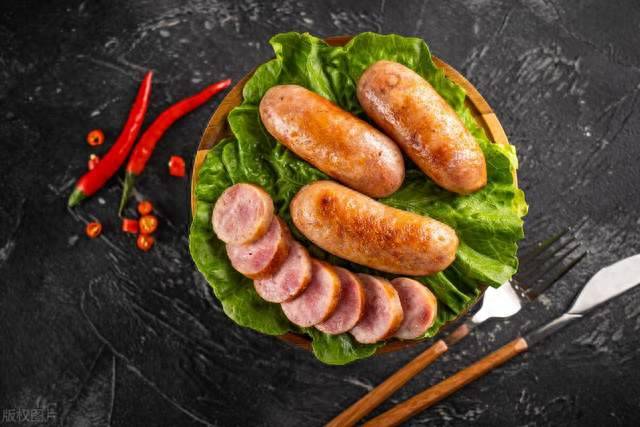
Effects of Excessive Salt Intake on Blood Pressure and Symptoms of High Blood Pressure: Li Auntie, a 48-year-old rural woman, always believed that consuming more salt would give her more energy for physical labor. However, recently she experienced symptoms like dizziness and nausea, and her blood pressure was found to be abnormally high at 180/100mmHg. The doctor diagnosed her with hypertension which was likely caused by her excessive salt intake.

Excess salt intake can increase blood volume and blood pressure by disturbing the balance of sodium ions and potassium ions in the body. Signs of excessive salt intake include dry mouth, slow reaction, headaches, swelling of fingers, and frequent urination. To prevent high blood pressure, adults are advised to limit their salt intake to less than 6g per day and to avoid high-sodium foods.

Symptoms such as severe headache, dizziness, numbness in limbs, speech difficulties, and vomiting could indicate a potential stroke. It is important to seek immediate medical attention if any of these symptoms occur.

In addition to excessive salt intake, consuming alcohol, high-fat foods, and added sugars can also increase the risk of high blood pressure and stroke. Therefore, it is crucial to develop healthy eating habits and lifestyle choices to prevent these conditions.




















